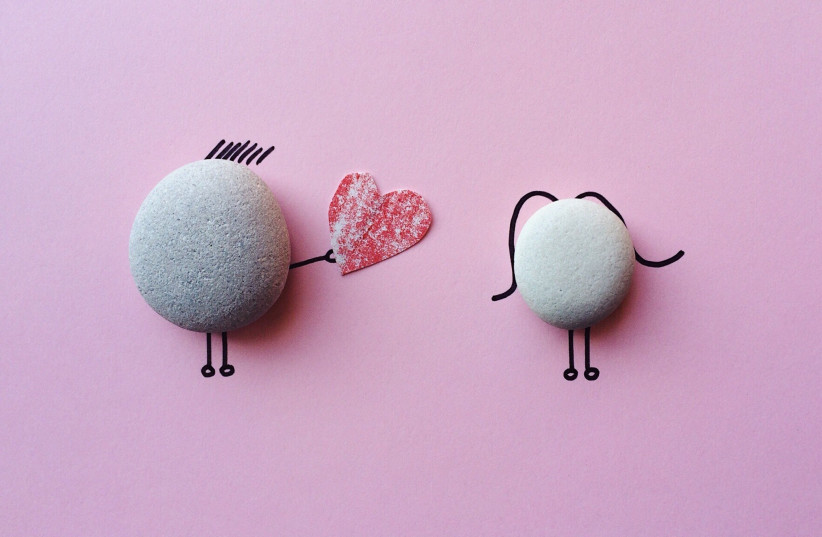Despite the idea that opposites attract when it comes to pursuing romance permeating since psychologist Robert Francis Winch suggested the idea in the 1950s, a new study published on August 31 found that might not actually be the case.
The peer-reviewed study, published in the academic journal Nature, analyzed over 130 traits across millions of heterosexual couples spanning across over 100 years in the United Kingdom.
The researchers collected their own data and completed a meta-analysis of previous research.
Findings of the study
When it came to the first age someone had sex, political leanings, and substance use, it was found that between 82%-89% were more likely than not to be similar.
“Our findings demonstrate that birds of a feather are indeed more likely to flock together," said author Tanya Horwitz.

In only 3% of the analyzed traits did partners seem to differ from one another.
"A lot of models in genetics assume that human mating is random. This study shows this assumption is probably wrong," said author Matt Keller, who further explained the idea of "assortative mating"; which is when individuals with similar traits couple up.
On a scale of 0-1, where 0 meant there was no correlation and 1 meant the couples always share the same trait, the correlation for political alignment was 0.58.
The alignment for height, weight, medical conditions, and personality type were lower although there was still some correlation.
"People have all these theories that extroverts like introverts or extroverts like other extroverts, but the fact of the matter is that it's about like flipping a coin: Extroverts are similarly likely to end up with extroverts as with introverts," said Horwitz. "These findings suggest that even in situations where we feel like we have a choice about our relationships, there may be mechanisms happening behind the scenes of which we aren't fully aware."
Why do birds of a feather flock together?
The authors expressed that there could be a variety of reasons as to why people choose partners who are similar to them.
Firstly, some people grow up in the same environment and so have the same sociological influences on their perception of themselves and the world.
Secondly, some people are just naturally attracted to people similar to themselves.
Finally, in many cases, couples become more alike throughout their relationship because they influence each other’s lifestyle and interaction with the world.
The societal implications of the study
Exclusively reproducing with similar people could cause an uptick in extreme positionings, explained the authors. They gave the example of if short people and tall people exclusively reproduced with individuals in their own height category then the next generation would only be of height extremities.
Another example offered was that US citizens tend to reproduce people with the same educational background as them. The theorists feel that that could widen the socioeconomic divide.
